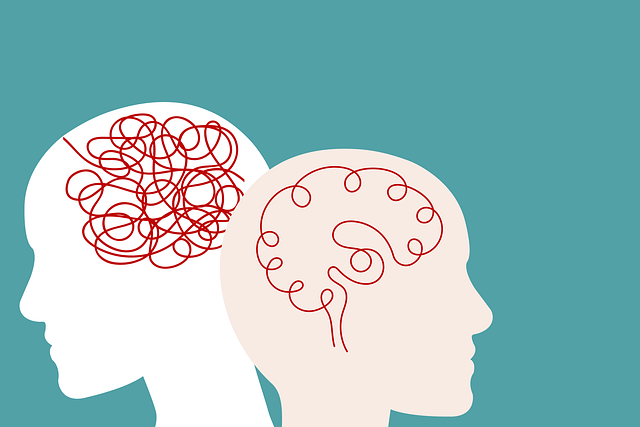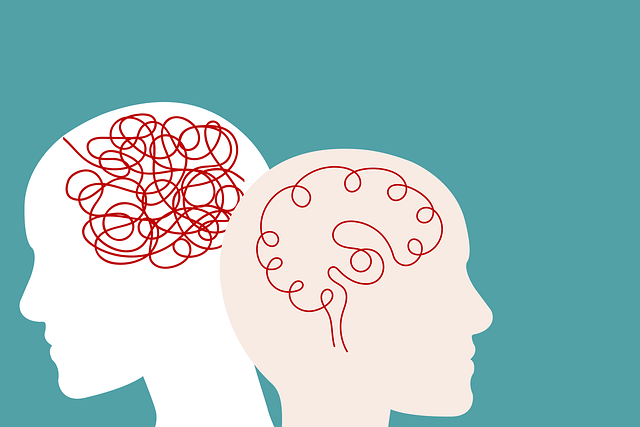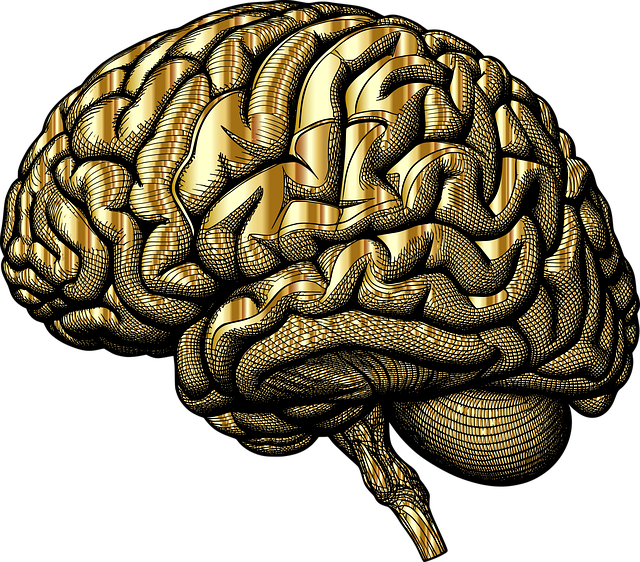Colorado Springs International Adopts Therapy (CSIAT) is a leading provider specializing in bridging the gap between social skills development and mental health, especially for individuals with conditions like anxiety disorders or ASD. Through tailored programs combining CBT, mindfulness meditation, and community outreach, CSIAT empowers clients to overcome isolation, build confidence, and strengthen relationships, significantly improving their quality of life. Their comprehensive assessment and multi-faceted measurement approach ensures effective, sustained results in a culturally sensitive environment.
Social skills training is a powerful tool for managing mental health conditions, fostering healthier relationships, and improving overall well-being. This comprehensive guide explores the critical connection between social skills and mental health, highlighting the expertise of Colorado Springs International Adoptions Therapy in this field. We’ll delve into assessment strategies, effective training methods, and measurement techniques, offering valuable insights for those seeking to enhance their social interactions while navigating mental health challenges.
- Understanding the Connection Between Social Skills and Mental Health
- The Role of Colorado Springs International Adoptions Therapy in Social Skills Training
- Identifying Challenges: Assessing Social Skills Deficits in Mental Health Conditions
- Strategies for Effective Social Skills Training
- Measuring Progress and Success in Social Skills Development
Understanding the Connection Between Social Skills and Mental Health

In today’s world, where social interactions are a crucial aspect of our daily lives, the connection between social skills and mental health is becoming increasingly recognized. Colorado Springs International Adoptions Therapy understands this profound link and offers specialized programs to address it. Mental health conditions can often isolate individuals, hindering their ability to engage in meaningful social connections. This isolation can exacerbate symptoms and impact overall well-being.
Social skills training aims to empower individuals with the tools to navigate interpersonal relationships effectively. By fostering confidence and self-awareness, these programs enable people to build healthy bonds, manage stress, and improve communication. Moreover, incorporating techniques like mindfulness meditation into therapy sessions boosts resilience and emotional regulation, providing valuable risk management planning for mental health professionals treating complex cases. Such interventions are transformative, helping individuals regain a sense of control and enhance their quality of life.
The Role of Colorado Springs International Adoptions Therapy in Social Skills Training

Colorado Springs International Adoptions Therapy (CSIAT) plays a pivotal role in addressing social skills development and mental health conditions. With a deep understanding of the interconnectedness between social interactions and psychological well-being, CSIAT offers specialized programs tailored to help individuals navigate social challenges. Their approach integrates evidence-based practices alongside cultural sensitivity, recognizing that effective therapy must bridge the gap between diverse backgrounds and mental illness.
Through innovative strategies, CSIAT facilitates inner strength development in clients, empowering them to overcome stigma associated with mental illness. The organization also prioritizes healthcare provider training, focusing on cultural competency to ensure every individual receives compassionate, culturally responsive care. By fostering inclusive environments and promoting understanding, CSIAT contributes significantly to reducing the impact of mental illness stigma while enhancing support systems for those seeking recovery.
Identifying Challenges: Assessing Social Skills Deficits in Mental Health Conditions

Identifying Challenges: Assessing Social Skills Deficits in Mental Health Conditions
Many individuals suffering from mental health conditions, such as anxiety disorders or autism spectrum disorder (ASD), often face significant social skills deficits that can impact their daily lives. These deficits may manifest as difficulties in communication, understanding social cues, maintaining eye contact, or engaging in meaningful conversations. At Colorado Springs International Adoptions Therapy, our experts emphasize the importance of early intervention and tailored therapy to address these challenges. We offer specialized programs designed to help clients develop essential social skills, enhancing their ability to navigate interpersonal interactions with confidence and ease.
Through comprehensive assessments, our mental health education programs identify specific areas where individuals struggle, whether it’s in personal relationships, academic settings, or the workplace. By understanding these deficits, our skilled therapists can create personalized treatment plans that target these challenges. This may include various therapeutic approaches, such as cognitive-behavioral therapy (CBT), to teach coping strategies for anxiety relief and promote positive social behaviors. Additionally, our community outreach program implementation ensures accessible support, enabling individuals to build meaningful connections and thrive in their communities.
Strategies for Effective Social Skills Training

Social Skills Training plays a pivotal role in managing mental health conditions, offering individuals valuable tools to navigate social interactions with confidence and ease. At Colorado Springs International Adoptions Therapy, our approach is tailored to address specific challenges while fostering growth and resilience. We incorporate evidence-based practices that go beyond mere conversation; participants learn to manage emotional triggers, interpret non-verbal cues, and engage in proactive listening – essential skills for building supportive relationships.
The programs are designed to be interactive and engaging, using role-playing scenarios, group discussions, and mindfulness exercises to reinforce learning. We also emphasize the importance of self-care, integrating Burnout Prevention Strategies for Healthcare Providers to ensure participants can maintain their emotional regulation. By combining these strategies with powerful Mind Over Matter Principles, our therapy sessions empower individuals to overcome social anxiety, improve communication, and enhance overall well-being.
Measuring Progress and Success in Social Skills Development

Measuring progress and success in social skills development is a multifaceted process tailored to individual needs. At Colorado Springs International Adoptions Therapy, we utilize a combination of quantitative assessments and qualitative feedback to track improvements. This includes structured interviews, behavioral observations, and self-reported surveys that gauge interactions with peers, family, and professionals. By comparing baseline data with subsequent measurements, therapists can objectively evaluate the effectiveness of interventions.
Progress is not only assessed through direct measurement but also by observing changes in self-care routine development for better mental health. As individuals internalize new social skills, they often exhibit enhanced ability to manage stress, regulate emotions, and engage in meaningful activities—key components of mental health education programs designed with mind over matter principles in mind. This holistic approach ensures that improvements are sustained and integrated into daily life, fostering a sense of well-being and resilience.
Social skills training, as demonstrated by the innovative programs at Colorado Springs International Adoptions Therapy, plays a pivotal role in managing mental health conditions. By identifying and addressing social skills deficits, individuals can improve their overall well-being, fostering better connections and enhancing their ability to navigate social environments. This comprehensive approach, combining assessment, tailored strategies, and progress tracking, offers hope for those seeking to overcome the challenges of mental health issues, ultimately enabling them to lead more fulfilling lives.














